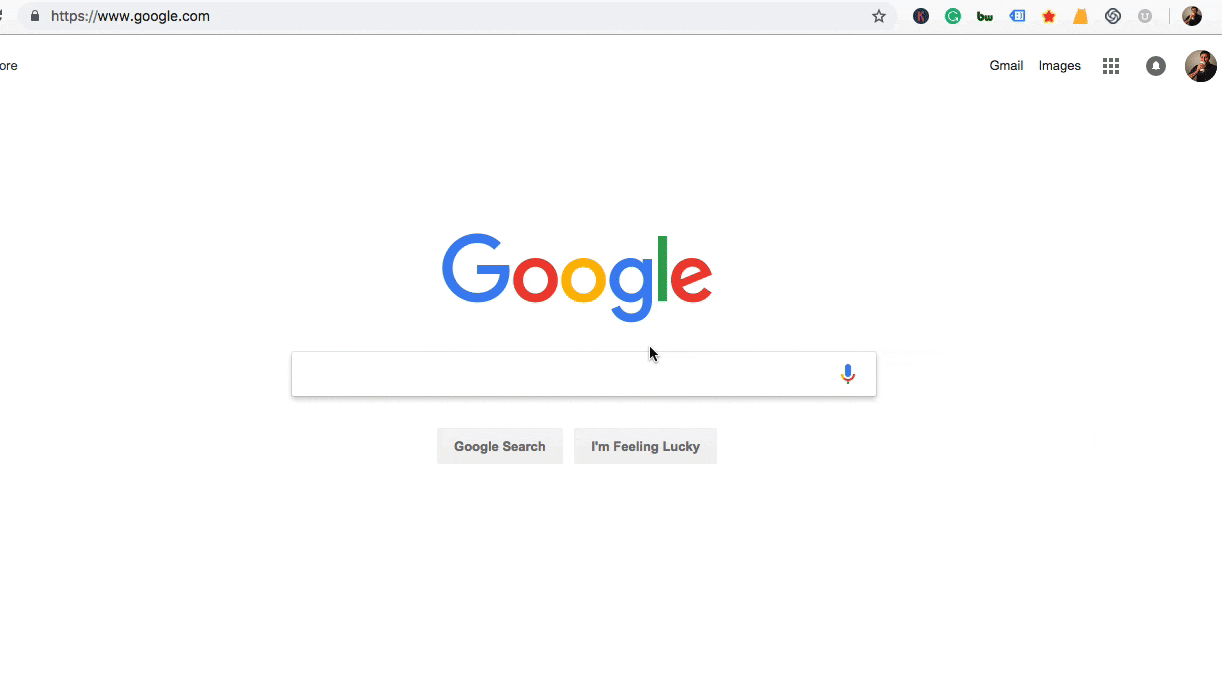By Chris Brencans, Guest Contributor
Some might say SEO is dead … I beg to differ. Here are just a few facts to pique the SEO-nonbeliever’s mind:
- 67k searches are performed on Google every second
- 39% of all global ecommerce traffic comes from search
- 93% of all online experiences begin with a search engine
- Nearly 80% of users ignore paid ads in search results
- 50% of all searches will be voice searches by 2020
- 58% of searches come from mobile
- 97% of page-one results have at least one image on the page
- 46% of all Google searches are local
Still not convinced?
With the growth of voice search, search algorithm updates focusing on mobile-first indexing, and UX becoming one of the major ranking factors, startups have opportunities like never before to claim their share of organic search traffic!
So where do we begin …
I put together this article with the goal of identifying SEO fundamentals every startup founder should be paying attention to going into 2019. Let’s dive in!
What Your Title (Tag) Says?

Obviously, we’re not talking about your career titles here. Let’s roll over to your website and check the homepage title tag. If you don’t know where to locate it, drag your cursor on the web browser tab and see what it says …

Example: How to locate website title tag.
If your title says “Home” you should feel some type of way … 😔😔😔
This is a very common mistake when websites get launched, and the home page title tag maintains the default setting: “Home.”
I wanted to do this exercise to showcase the very fundamentals of any SEO strategy. The title tag is one of the starting page optimization elements, but it’s even more. It’s the definition of what the respective website page is about.
So, unless your startup is literally about residential homes, the home page title tag should not say “Home.”
How Search Engines View Your Website
My title tag example leads to an important point: SEO is much more than the digital marketing strategy a startup should consider. SEO is your website’s relationship with the search engines.
What do I mean by that? 👇👇👇
Search engines index your website based on the information you allow them to index. If the information you have provided is incorrect or in other way misleading, the World Wide Web will have this information indexed in search engine results, aka the SERPS.
How to check what information has indexed?
Had over to the “Big G” and perform following steps:
- Go to google.com
- Enter the URL of your domain with “site:” before it, i.e. “site:futureunicorn.com”
- The results show all of your site’s pages that have been indexed
- The results show meta tags saved in the search engine’s index
Let’s see what we get when checking “site:staging.refreshmiami.com”:

We can see that Google has indexed around 6530 pages, which is pretty decent number … In other words, indexed content = website being found on Google.
Controlling The Information Google is Indexing
By using “noindex” directive in a meta tag that is added to the HTML source code of a webpage, you suggest to search engines (most notably Google) to not include that particular page in its list of search results.
So now that we know how to control the information that is getting indexed, let’s identify what information should we NOT index:
- Make sure you’re development environment is NOT getting indexed
- Make sure you’re NOT indexing all of your photo libraries
- Make sure you’re NOT indexing any sensitive user data
Why it’s important … Well the gif above displays how easy it is to get the information your website is providing. Any of your competitors or just a regular old internet troll can manipulate this information and cause unnecessary trouble for your growing unicorn.
Also, if I was, or should say when, I will be an investor, I’ll definitely review information indexed on Google regarding the potential startup I’m considering investing in.
Last But By No Means Least: Google Webmaster Tools
Personally, one of my favorite SEO tools (not to mention that it’s also free): Google Webmaster Tools. Since you’re probably using Google Analytics, Google Webmaster is your control center to tell Google what information your site contains, and in exchange, Google provides you with site indexing and ranking information.

Here are some starting-use cases:
- Provide Google with the full website site-map for the information you want indexed as well as the information Google shouldn’t index
- See your Google rankings
- See your click-throughs on actual keyword phrases you are ranking for
- Getting Google Webmaster Tag Installed
Conclusion
In 2019 (same as any year before), you need to have the fundamental knowledge on how to control how your site’s information is indexing in search engines. Once you master this fundamental task, you can start planning exciting content ideas and track its growth. If you’re in Miami and you need some help, drop by the On The Map, Inc. office, and we’ll have an SEO brainstorming session.
Please feel free to leave your comments. Looking forward to contributing more content for the Miami Tech hub.
Chris Brencans is Chief Marketing Officer of On the Map Marketing, an Inc. magazine “5000 Fastest Growing Companies.” He has launched dozens of highly-successful internet marketing campaigns for his company’s clients.

- An innovation is born: New mom and FIU student pitches her baby bottle monitor on Shark Tank - April 12, 2024
- Miami: the Dubai of the Western Hemisphere - February 20, 2024
- What I learned facilitating an AI hackathon for ACT House in Miami - February 16, 2024




